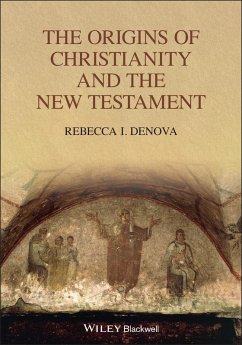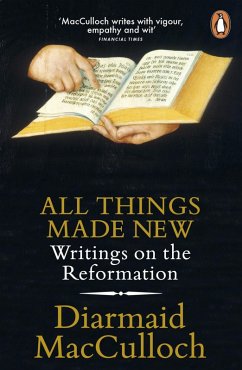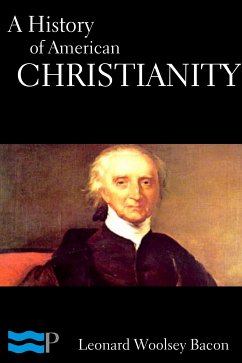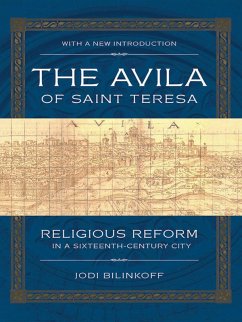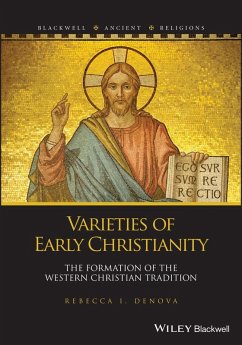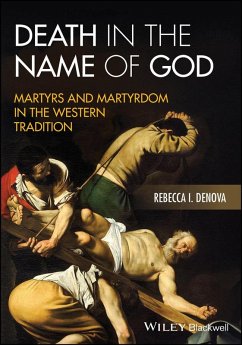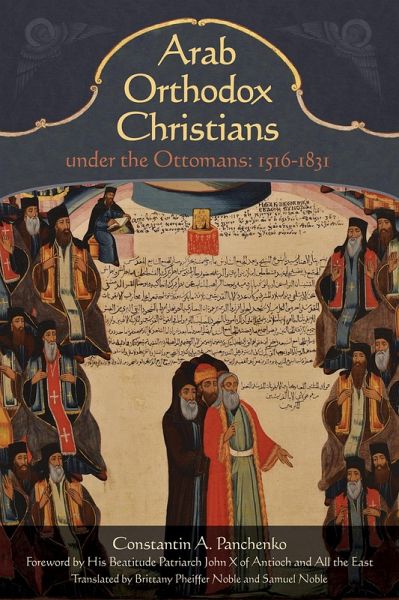
Arab Orthodox Christians Under the Ottomans 1516-1831 (eBook, ePUB)
Versandkostenfrei!
Sofort per Download lieferbar
21,95 €
inkl. MwSt.
Weitere Ausgaben:

PAYBACK Punkte
11 °P sammeln!
Following the so called "Arab Spring" the world''s attention has been drawn to the presence of significant minority religious groups within the predominantly Islamic Middle East. Of these minorities Christians are by far the largest, comprising over 10% of the population in Syria and as much as 40% in Lebanon.The largest single group of Christians are the Arabic-speaking Orthodox. This work fills a major lacuna in the scholarship of wider Christian history and more specifically that of lived religion within the Ottoman empire. Beginning with a survey of the Christian community during the first...
Following the so called "Arab Spring" the world''s attention has been drawn to the presence of significant minority religious groups within the predominantly Islamic Middle East. Of these minorities Christians are by far the largest, comprising over 10% of the population in Syria and as much as 40% in Lebanon.The largest single group of Christians are the Arabic-speaking Orthodox. This work fills a major lacuna in the scholarship of wider Christian history and more specifically that of lived religion within the Ottoman empire. Beginning with a survey of the Christian community during the first nine hundred years of Muslim rule, the author traces the evolution of Arab Orthodox Christian society from its roots in the Hellenistic culture of the Byzantine Empire to a distinctly Syro-Palestinian identity. There follows a detailed examination of this multi-faceted community, from the Ottoman conquest of Syria, Palestine and Egypt in 1516 to the Egyptian invasion of Syria in 1831. The author draws on archaeological evidence and previously unpublished primary sources uncovered in Russian archives and Middle Eastern monastic libraries to present a vivid and compelling account of this vital but little-known spiritual and political culture, situating it within a complex network of relations reaching throughout the Mediterranean, the Caucasus and Eastern Europe. The work is made more accessible to a non-specialist reader by the addition of a glossary, whilst the scholar will benefit from a detailed bibliography of both primary and secondary sources. A foreword has been contributed to this first English language edition by the Patriarch of Antioch, John X. It contextualizes the history found in this work within the ongoing struggle to preserve the ancient Christian cultures of the Arabic speaking peoples from extinction within their ancestral homeland.
Dieser Download kann aus rechtlichen Gründen nur mit Rechnungsadresse in A, B, BG, CY, CZ, D, DK, EW, E, FIN, F, GR, HR, H, IRL, I, LT, L, LR, M, NL, PL, P, R, S, SLO, SK ausgeliefert werden.




